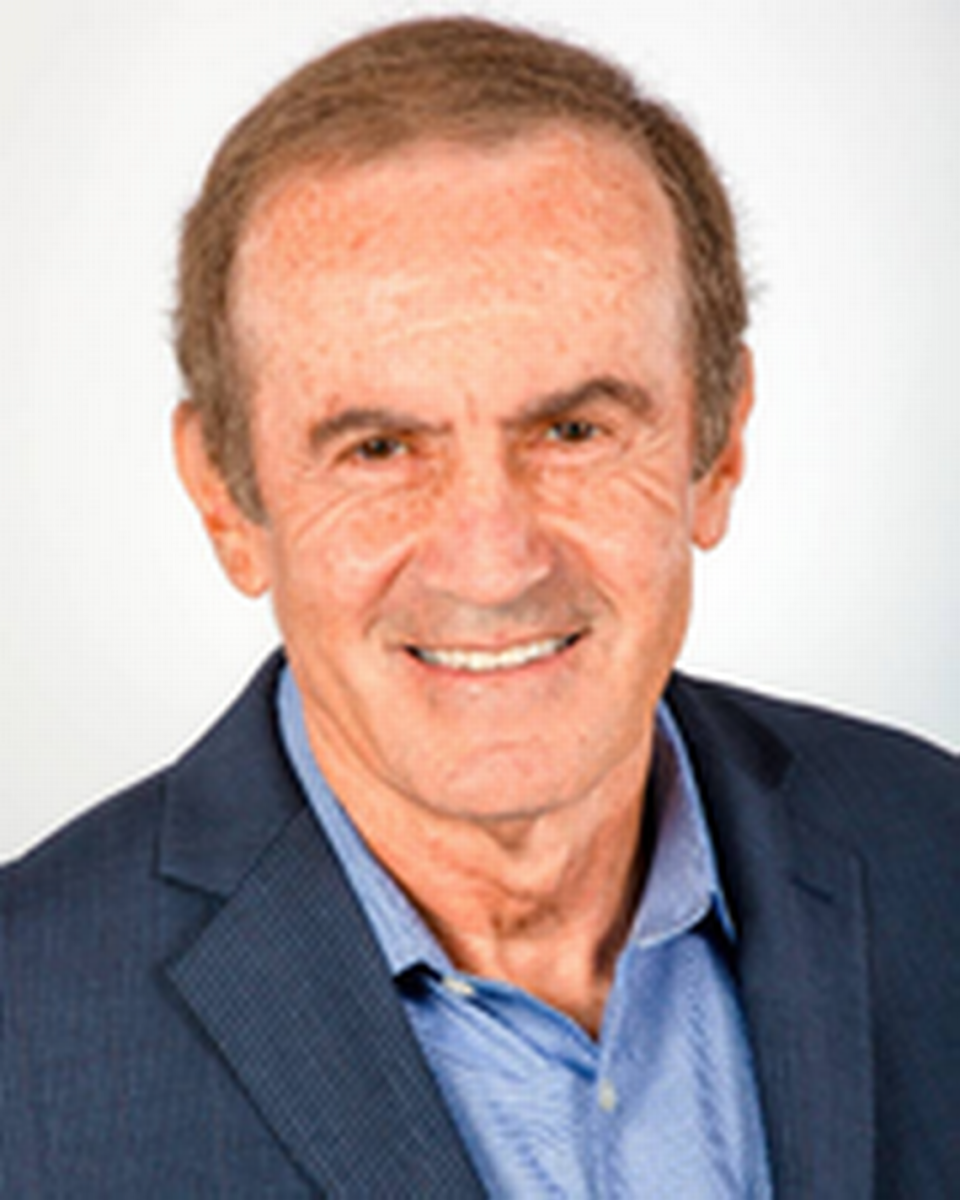Mexico, Brazil, Colombia claim to support democracy, but help Venezuela’s dictator | Opinion
- Oops!Something went wrong.Please try again later.
- Oops!Something went wrong.Please try again later.
The left-of-center leaders of Mexico, Brazil and Colombia claim to be champions of democracy around the world but their assertions sound laughable following their failure to condemn Venezuelan dictator Nicolás Maduro’s latest violation of democratic norms.
None of the three presidents said a word when the Maduro regime’s court system on Jan. 26 ratified a decision banning Venezuela’s opposition leader Maria Corina Machado from running for office in this year’s constitutionally-mandated elections. Machado had won opposition primaries held in October with more than 90% of the vote.
Hours after Maduro’s rubber-stamp Supreme Court announced that Machado will not be allowed to run, Argentina, Uruguay, Ecuador, Panama, Costa Rica, Chile, the United States, the United Kingdom and France, among other countries, condemned or expressed their concern over the ruling.
Most of these countries say that the Venezuelan regime has broken a commitment it made — at Norway-mediated talks with the opposition in Barbados last year — to hold competitive elections in 2024.
Furthermore, the ruling against Machado is an issue that affects all countries in the region, they say. Nearly eight million Venezuelans have fled to neighboring countries, the United States and Spain in recent years. And that number may grow sooner than expected.
In an interview last week, Machado told me that she will run anyway. She hopes that domestic and international pressure will force the Maduro regime to backtrack, because “failure to hold the election could result in an additional one to two million new [Venezuelan] migrants over the next few months.”
Even before the regime prohibited her from running, Machado was facing enormous hurdles to campaign in her country. She is not allowed to appear in mainstream media because of government censorship, nor to fly inside Venezuela because airlines have orders not to allow her to board planes, she told me.
“Do you know how many interviews I had on... television in important media from January to December last year? Zero!” Machado told me. “I’m totally censored.”
She gets her word out through social media — she has 4.4 million followers on X, formerly Twitter, and 2.4 million on Instagram — and through expatriates who send videos of her interviews with foreign media to their relatives back home, she said.
Mexican President Andres Manuel Lopez Obrador, Brazil’s President Luiz Inacio Lula da Silva and Colombian President Gustavo Petro have no excuse to stay silent about Maduro’s abuses.
Their frequent claim that they don’t interfere in other nations’ internal affairs is preposterous; they do that almost daily, although selectively.
Lopez Obrador recently stated that Argentina’s new libertarian leader Javier Milei is a “fascist” and that Peru’s constitutionally-appointed President Dina Boluarte is a “usurper” of power. As funny as it may sound, while the Mexican president portrays himself as a staunch defender of democracy, he awarded Mexico’s highest medal for foreigners to Cuban dictator Miguel Diaz-Canel last year.
Like their Mexican counterpart, Lula and Petro routinely pontificate about other countries’ internal issues. But at the time of this writing, four days after the announcement of Machado’s ban, they have remained conspicuously silent about Maduro’s move to proscribe Machado and other top opposition candidates.
Ironically, Colombia and Brazil are among the countries that have the most to lose if Venezuela doesn’t solve its political crisis through fair elections. Colombia has already 2.9 million Venezuelan migrants and refugees — more than any other country — and Brazil has 510,000, according to new United Nations Refugee Agency figures.
The flood of Venezuelan migrants is straining Colombia and Brazil’s schools and hospitals, as well as social services in other neighboring countries.
To its credit, the Biden administration has reinstated some U.S. sanctions on Venezuela, and has promised to restore more sanctions unless Maduro reverses his ban on Machado by April. Conversely, the complicit silence by the presidents of Mexico, Brazil and Colombia is shameful. It makes a mockery of their claims to defend democracy around the globe.
Don’t miss the “Oppenheimer Presenta” TV show on Sundays at 9 pm E.T. on CNN en Español. Blog: andresoppenheimer.com


